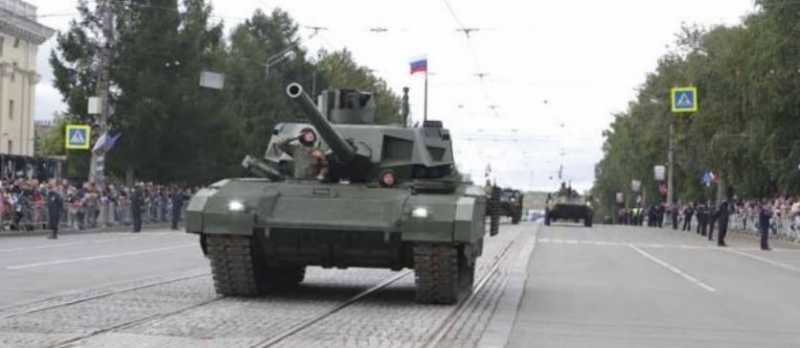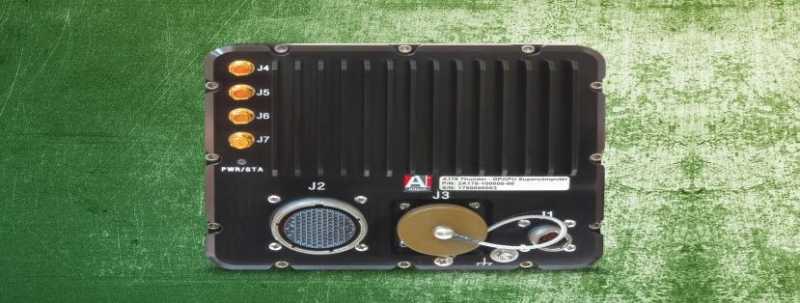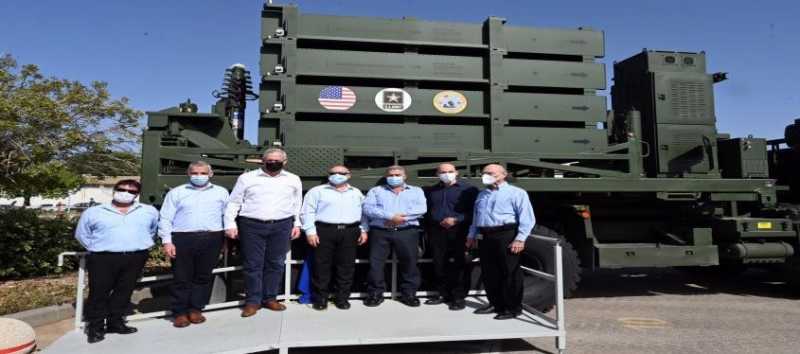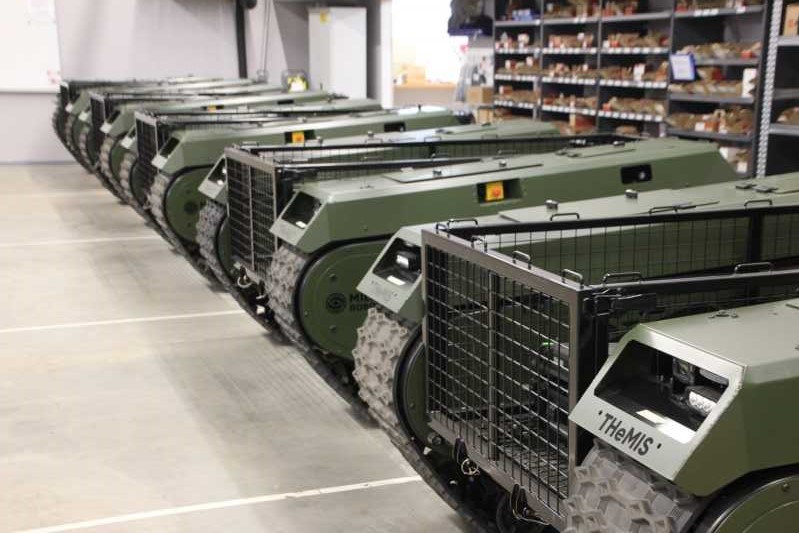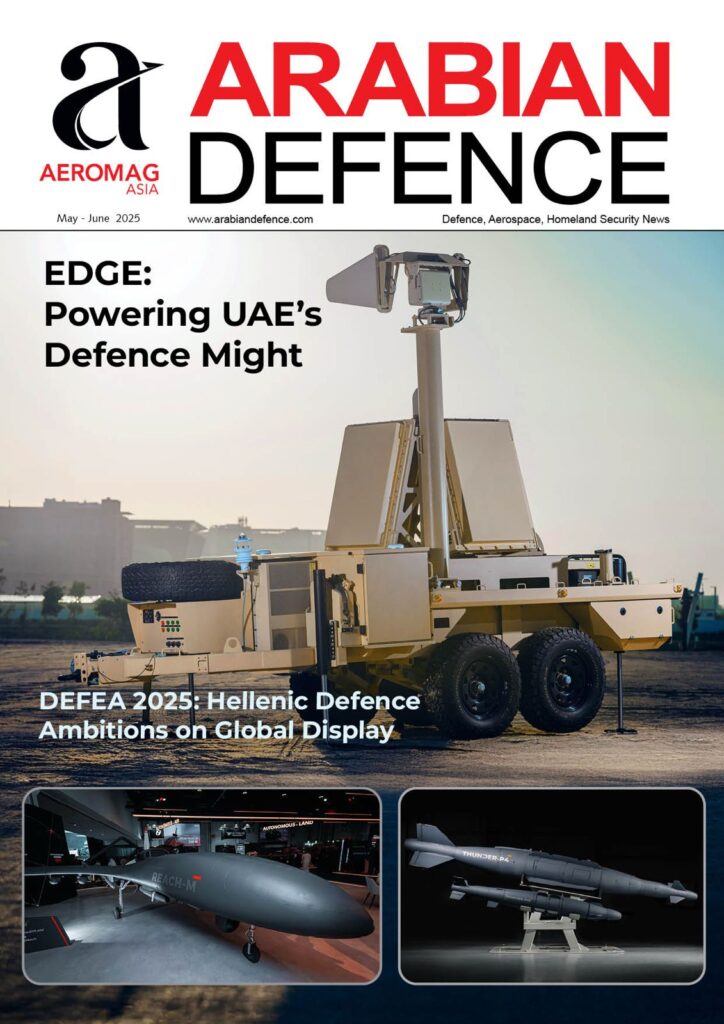It is well known that the Indian Army is deployed in icy heights, steaming sands, in dense forests and in the plains to safeguard our borders. Army deploys its Rescue Teams to bring people to safety during natural disasters like floods and earthquakes. The Army also conducts a Flag march when the situation is tense due to riots / internal disturbances to bring back tranquillity and peace.
 But, not many of us are aware of the stellar role played by the Indian Army in the United Nations Peace Keeping Operations (UNPKOs) around the world. In the Leaders’ Summit in New York, on UN Peacekeeping in September 2015, the Indian Prime Minister Shri Narendra Modi, had stated most aptly “The foundations of the United Nations were laid by the brave soldiers on the battlefields of the Second World War. By 1945, they included 2.5 million men of the Indian Army, the largest volunteer force in history.”
But, not many of us are aware of the stellar role played by the Indian Army in the United Nations Peace Keeping Operations (UNPKOs) around the world. In the Leaders’ Summit in New York, on UN Peacekeeping in September 2015, the Indian Prime Minister Shri Narendra Modi, had stated most aptly “The foundations of the United Nations were laid by the brave soldiers on the battlefields of the Second World War. By 1945, they included 2.5 million men of the Indian Army, the largest volunteer force in history.”
After the Second World War came decolonisation and by the latter part of the Cold War and its aftermath a large number of crises arose across the world in different countries especially in Africa & Asia as they became independent and transitioned to electoral democracy. In these crisis ridden nations, the Indian Army has contributed greatly as a UN Peace Keeping Force to ensure a peaceful political transition and strengthening the national governance institutions. The Indian Army has established the strategy & practices of ground level response to the challenges in these troubled countries which are emulated by other peace keeping forces from across the world.
India’s contributions to UN peacekeeping operations have showcased to the world the commitment, expertise and professionalism of the Indian Army. Based on the Army’s experience of UNPKOs on the ground India has, as a member of the High Level Committee, contributed to identifying the three core principles of effective UNPKO which are (1) deployment with the consent of the parties, (2) impartiality in operations, and (3) non-use of force except in self-defence or in defence of the UN mandate.
Today, India is one of the largest contributors of troops to UNPKOs. More than 200,000 Indian troops have served in various UNPKOs deployed around the world so far. The Indian Army is credited with many distinguished records in these UNPKOs. For example, soon after independence, in 1950, the 60 Parachute Field Ambulance of the Indian Army was sent to provide medical cover to U.S./ Republic of Korea and UN forces engaged in the Korean War. The unit served in Korea for a total of three and a half years (November 1950 – May 1954), the longest single tenure by any military unit under the UN.
In 1960, the Congo requested for deployment of UN peacekeepers to counter secession and re-integrate the country after Belgian rule. Between 14th July 1960 and 30th June 1964, two Indian brigades participated in Congo (ONUC UNPKO). India played a key role in expanding the Charter of UNPKOs at this time. The rules of engagement were modified to cater for use of force in defence of the UN mandate, in carrying out humanitarian tasks, in self-defence and in countering mercenaries. Thirty-nine Indian Army personnel lost their lives in the Congo UNPKO.
Indian Army has contributed Infantry Battalions, Engineer Companies, Signal Companies, and Medical personnel which included women officers to facilitate the withdrawal of the sick and wounded in UNPKO. Indian Army has also deputed Military Advisers, Deputy Military Advisers, and Force Commanders for the UNPKOs. Captain Gurbachan Singh Salaria became the only UN peacekeeper to receive the Param Vir Chakra, India’s highest military award, for laying down his life in defence of the UN mandate in the Congo. Major Suman Gawani, a Military Observer deployed with the UN Mission in South Sudan, has been honoured with the prestigious 2019 United Nations Military Gender Advocate of the Year Award – the first year the prestigious award has gone to a peacekeeper from India. Numerous decoration such as Medals, Citations, Commendations have been awarded to the men & officers who have served in the UNPKOs by the COAS & the President of India for their courage and professionalism.
The challenges faced by India’s troops deployed for UNPKOs include terrorist threats and counter insurgency actions by non-state actors. In UNDOF, deployed on the Golan Heights of Syria, Indian UN military officers were the first to confront such challenges by the Jabhat al-Nusra terrorist group which took UN peacekeepers hostage in 2014.
Expenditure for troops deployed in peacekeeping missions are incurred by the UN and is compensated to the force providing country. These include expenses towards transportation for induction and repatriation, special kitting, equipment and overseas allowance. However, huge amounts are outstanding on part of the UN in compensating many of the participating countries.
The permanent representative of India to UN had raised the subject of pending arrears especially against operations in Rwanda and Ethiopia. The U.S. has been asking for reduction in their contribution towards the peace keeping budget from 28% to 25%. However, the U.S. are in arrears of large sums in respect of the peace keeping operations.
The Western countries recover the costs of equipment, vehicles & other resources deployed in the UNPKOs within the period of deployment. Initially, India was not recovering the accrued amounts of even depreciation through usage on UNPKO deployments. Nor was the amount owed received from UN regularly. The system was streamlined in 2003 & huge amounts of arrears amounting to 750 MUSD were credited to the Defence budget in that & next financial year. Since Defence budget is a “net budget”, this was very helpful.
India does not treat the UNPKOs as a source of income to its officers & men & as additional receipts to its budget. The commitment to UN’s Charter & aims is the main reason that large contingents of men & material from the Indian Army, Airforce & Police are deputed & deployed in UNPKOs. Indian Army & other agencies have undoubtedly earned laurels worldwide in their role in peace keeping in troubled areas of the world.
A bigger challenge for troop-contributing countries like India is the denial by the permanent members of the Security Council to participate in “decisions of the Security Council” concerning the deployment of her troops, as provided for in Article 44 of the UN Charter. One of the key requirements in accepting a Peace Keeping Force is the political acceptability of the force provider. It is a matter of great pride that Indian Army participation in UN Peacekeeping Operations is not only highly professional, impartial but also always politically acceptable across various geographies.
Permanent membership of India in the UNSC will further strengthen the global efforts to rid the world of the ‘scourge of war’ both at the interstate and intrastate level. Even as countries overcome violence and political rivalries as they evolve to become democracies Indian Army’s contribution in stabilising and creating the appropriate environment conducive to governance will always be remembered. For India, a larger role in global affairs will further expand its geo-economic and geo-political influence and soft power. The Indian Army has played a stellar role in bolstering India’s credentials as a reliable and responsible member of the United Nations.
(Dr Vijaylakshmi Gupta, IDAS (Retd) was former Secretary Defence Finance, Ministry of Defence and Member TRAI. She is Founder Member of Society for Aerospace Maritime and Defence Studies, New Delhi).

